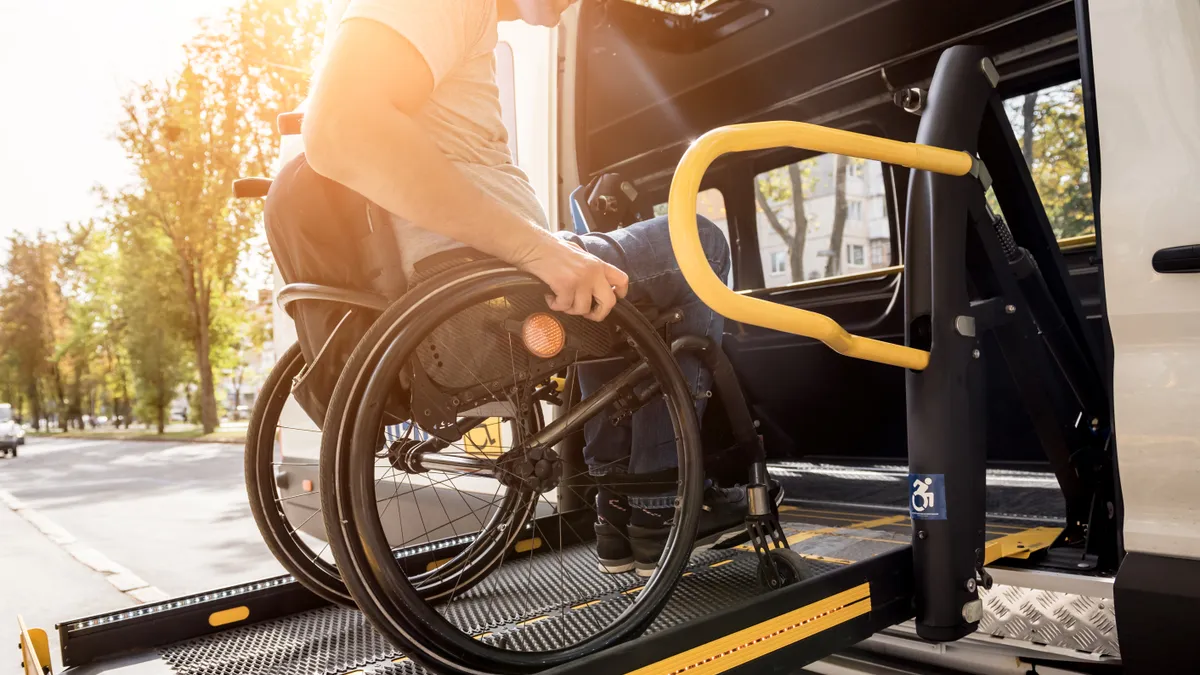Dive Brief:
- A crew chief for a cleaning company did not need to show his brother was financially dependent on him to establish in loco parentis status under the Family and Medical Leave Act, a Virginia federal court ruled (Crawford v. Creative Cost Control, No. 21-cv-00419 (W.D. Va., Nov. 1, 2021)).
- The crew chief requested leave in March 2020 to lower the risk of giving the coronavirus to his brother, who was paralyzed and who relied on the worker for daily care. The employer denied the request and terminated the worker, concluding he abandoned his job. The worker sued, alleging violations of the FMLA and the Families First Coronavirus Response Act.
- The employer argued that the worker's relationship with his brother didn't fit the parameters of in loco parentis because the brother was not financially dependent upon his caretaker. The court disagreed, finding that "financial support is not a necessary requirement for someone to stand in loco parentis."
Dive Insight:
The FMLA allows eligible workers to take up to 12 workweeks of job-protected unpaid leave to care for a son or daughter with a serious health condition. But it's not just biological or adoptive parents who qualify for this type of leave.
"The FMLA defines a 'son or daughter' as a biological, adopted, or foster child, a stepchild, a legal ward, or a child of a person standing in loco parentis," the U.S. Department of Labor says in a fact sheet. The definition is intentionally broad, according to DOL. It reflects "the reality that many children in the United States live with a parent other than their biological father and mother."
The FMLA says that the term "son or daughter" encompasses "a child of a person standing in loco parentis who is either under 18 or 18 years of age or older and incapable of self-care because of a mental or physical disability." This relationship is characterized by day-to-day responsibility, DOL says, not by a biological or legal relationship.
The relationship also may be marked by a state of financial dependence, but monetary support "is not a necessary requirement for someone to stand in loco parentis," the court said. The worker in this case pleaded sufficient facts about his daily care for his brother to allege that he stood in loco parentis. For example, he provided daily bladder and bowel care for his brother — and he had regularly taken time off work to do these things, with his employer's knowledge.














